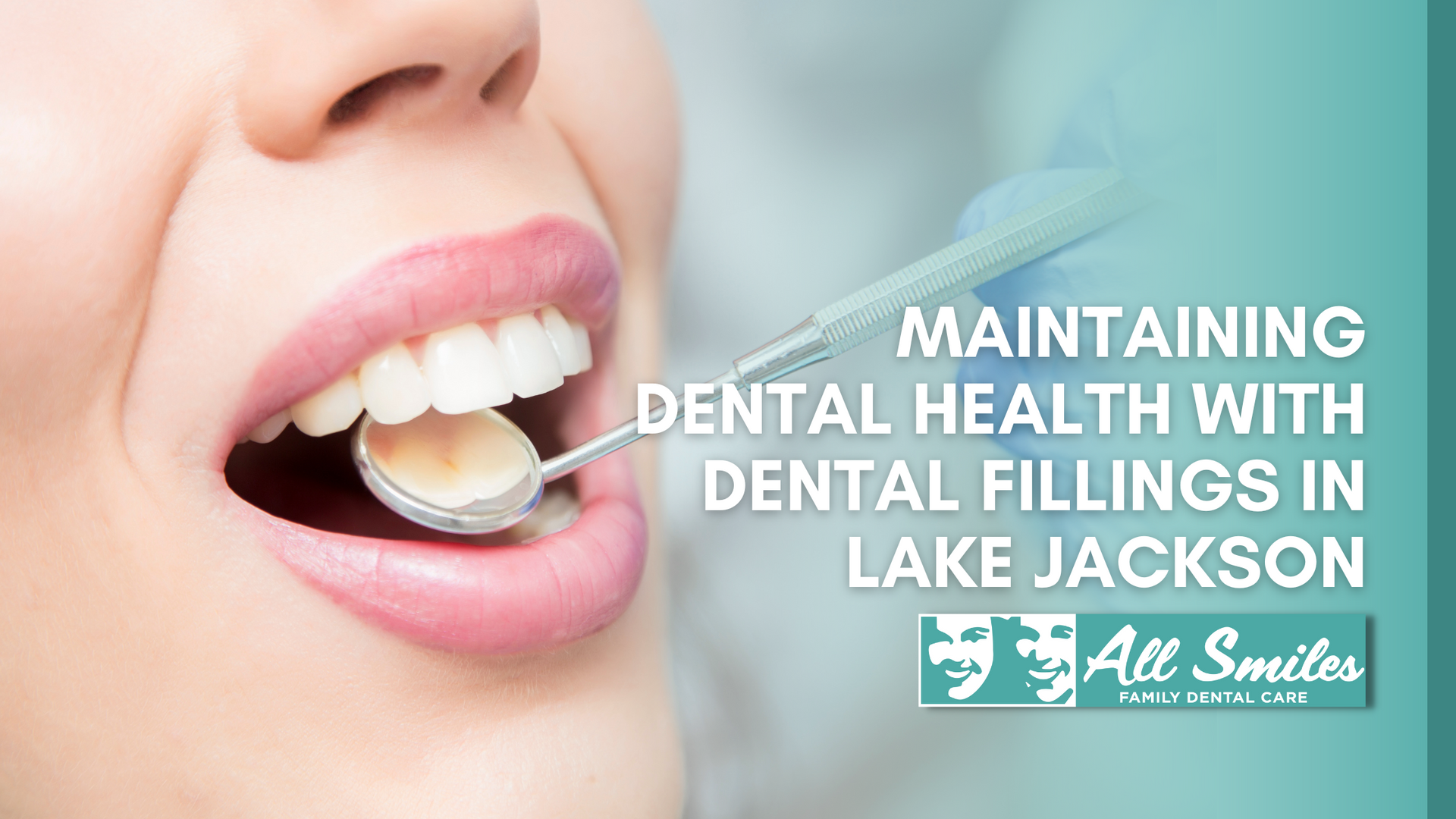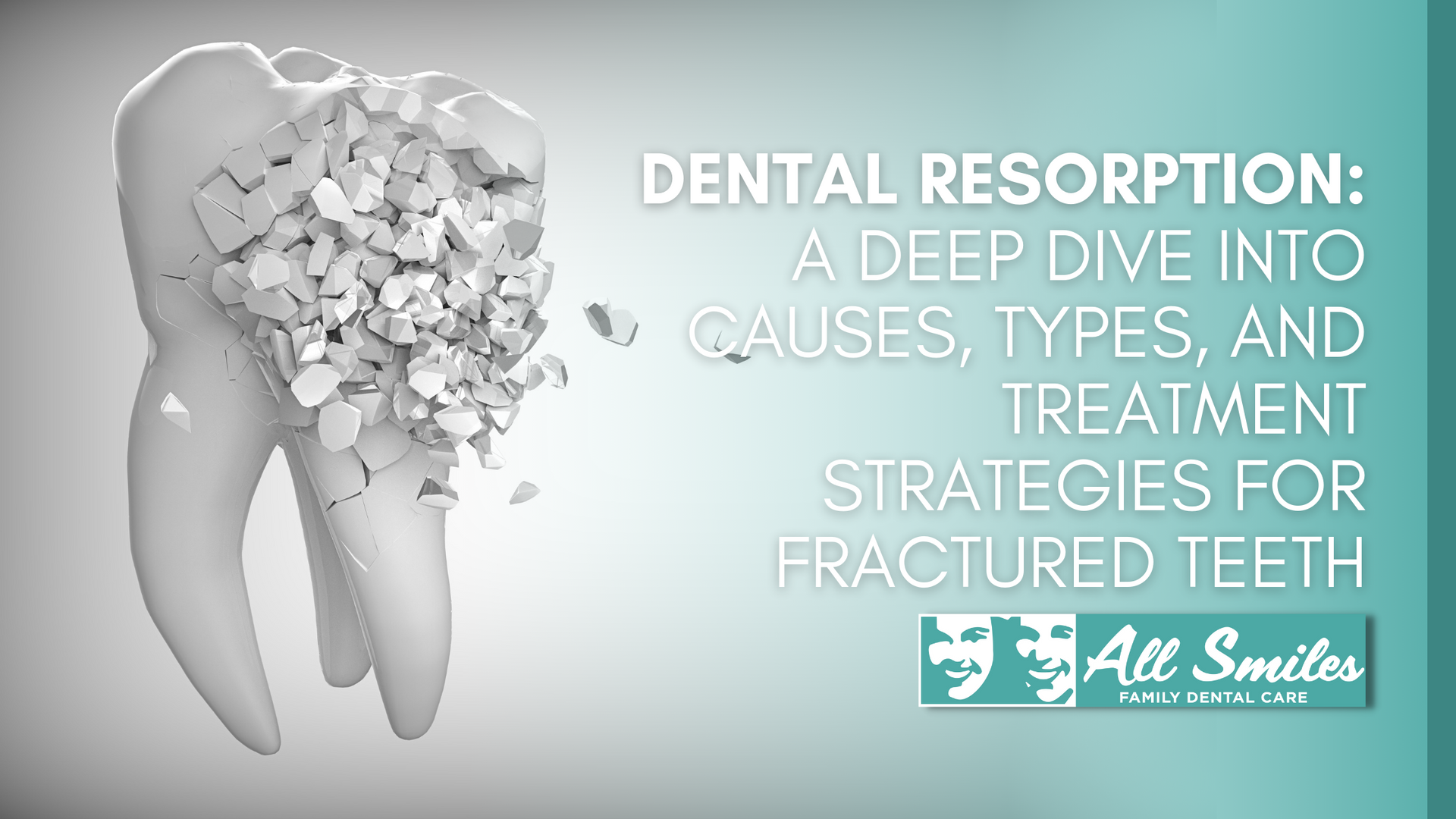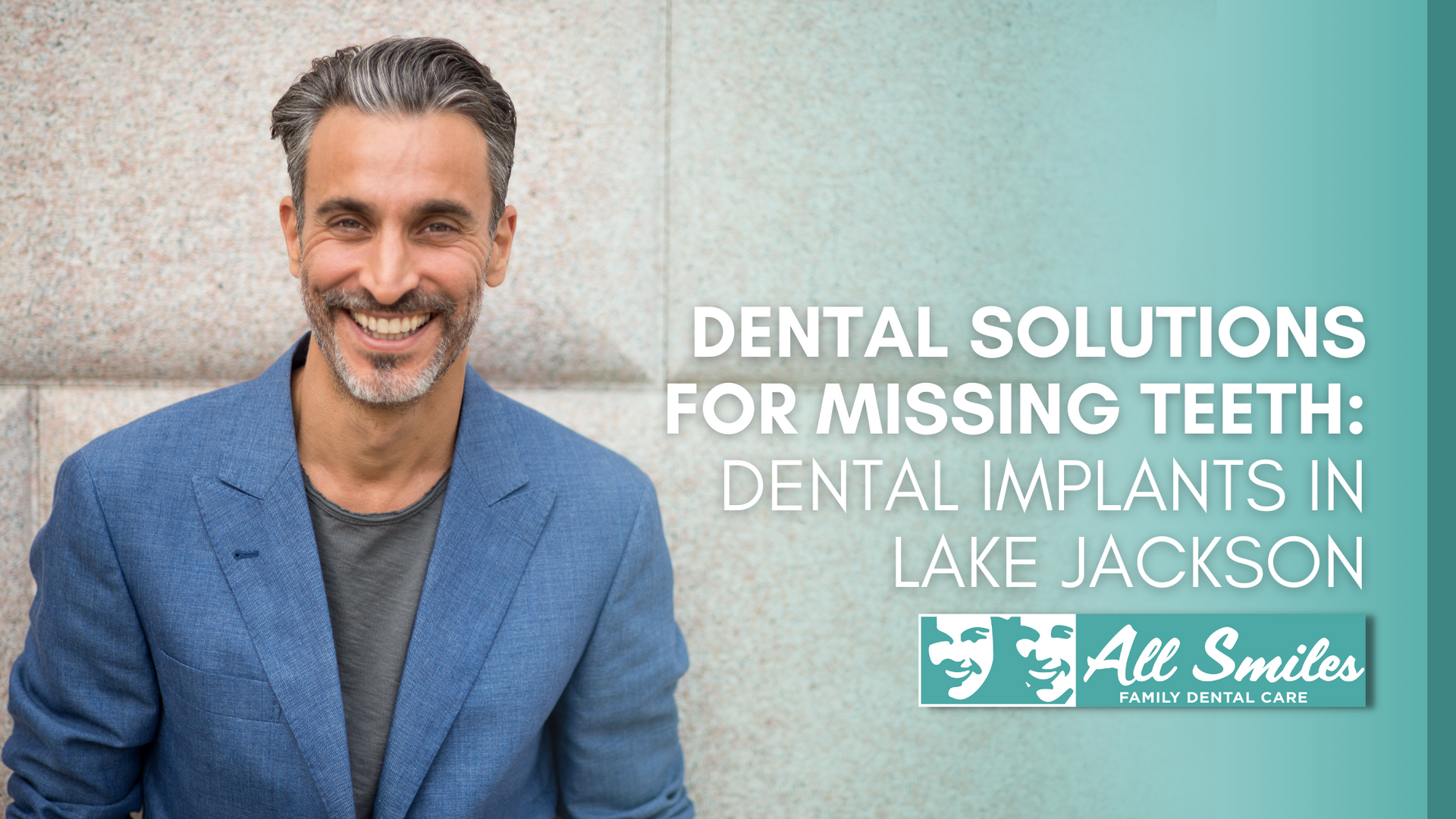How to Take Care of Your Dental Implants
Caring for your dental implants is just as important as taking care of your natural teeth. As long as you spend the time cleaning and maintaining your implants, you can enjoy your healthy smile for years to come. At All Smiles Dentistry, we believe it is important to empower our clients with information about how to care for dental implants properly.
What are Oral Hygiene Tips for Dental Implants?
After you have completely healed from the procedure, dental implant care does not differ much from the way people care for their natural teeth. It is crucial that you brush at least twice a day, and floss at least once. Flossing around your implant can be a bit tricky, but with practice, it becomes much easier and you can ask your dentist for the best approach.
Recommended Products
Having implants does mean that you need to carefully consider your oral hygiene routine. Experts advise that individuals with implants use the following products:
- A low-abrasive toothpaste; use toothpastes that contain fluoride and avoid stain removers and those with baking soda
- A soft-bristled toothbrush, either manual or electric
- Unwaxed tape floss or floss designed specifically for use with implants
Choosing a toothbrush that works well with your implants is the most important part. For example, a flat-bristled toothbrush is often ineffective for use with bar implants, but ideal for single tooth replacements. Ask your dentist or contact us at All Smiles Dentistry to get a specific recommendation based on the location, size, and number of implants.
Invest in Professional Care
Make sure you continue to visit a dentist on a regular basis. For most people, this means booking two visits per year, ideally six months apart, for a cleaning and a checkup. Patients who are at risk for developing additional oral health complications should visit more often.
Warning Signs to Watch For
Between dental visits, you should pay close attention to how your implants look and feel. In particular, watch for:
- Swelling or redness around the implantation site
- Packing food
- Difficulty chewing or pain when biting
- Implants that are loose or wobbly
If you notice any of the above, contact a dentist immediately. It may mean that something is wrong with your implant that requires treatment to prevent infection.
If you have questions or concerns about the best at-home dental implant care, or if you are overdue for your regular check-up, contact us to arrange an appointment today. We at All Smiles Dentistry are happy to help new and returning patients with all their dental hygiene needs.
Featured Image Credit: Denisproductions.com/Shutterstock
The post How to Take Care of Your Dental Implants first appeared on All Smiles Dentistry.


We are the local Lake Jackson dentist near you!
We keep our patients smiling
Request Your Next Dental Appointment
We look forward to seeing you soon!
Please note, we will try our best to accommodate your schedule.
Thank you so much for contacting our dental practice. While we strive to respond to all inquiries right away, we may be away from the desk helping a patient or out of the office. We will do our best to reach back to you shortly.
Please note, if this is a dental emergency, it would be best to call our practice as this is the fastest way to reach us (979) 297-1128.
Please try again later
Lake Jackson Dentist
We understand that trying to find a nearby dentist you can trust is difficult, that is why we make it easy for you to work with us.
(979) 297-1128
205 Parking Way
allsmileslj@sbcglobal.net
Helpful Links
Dental Practice Hours
- Monday
- -
- Tuesday
- -
- Wednesday
- -
- Thursday
- -
- Friday
- -
- Saturday
- Closed
- Sunday
- Closed
All Rights Reserved | All Smiles Dentistry
All Rights Reserved | All Smiles Dentistry
Dentist Website Diagnosed, Treated, and Cured by Dr. Marketing Inc

